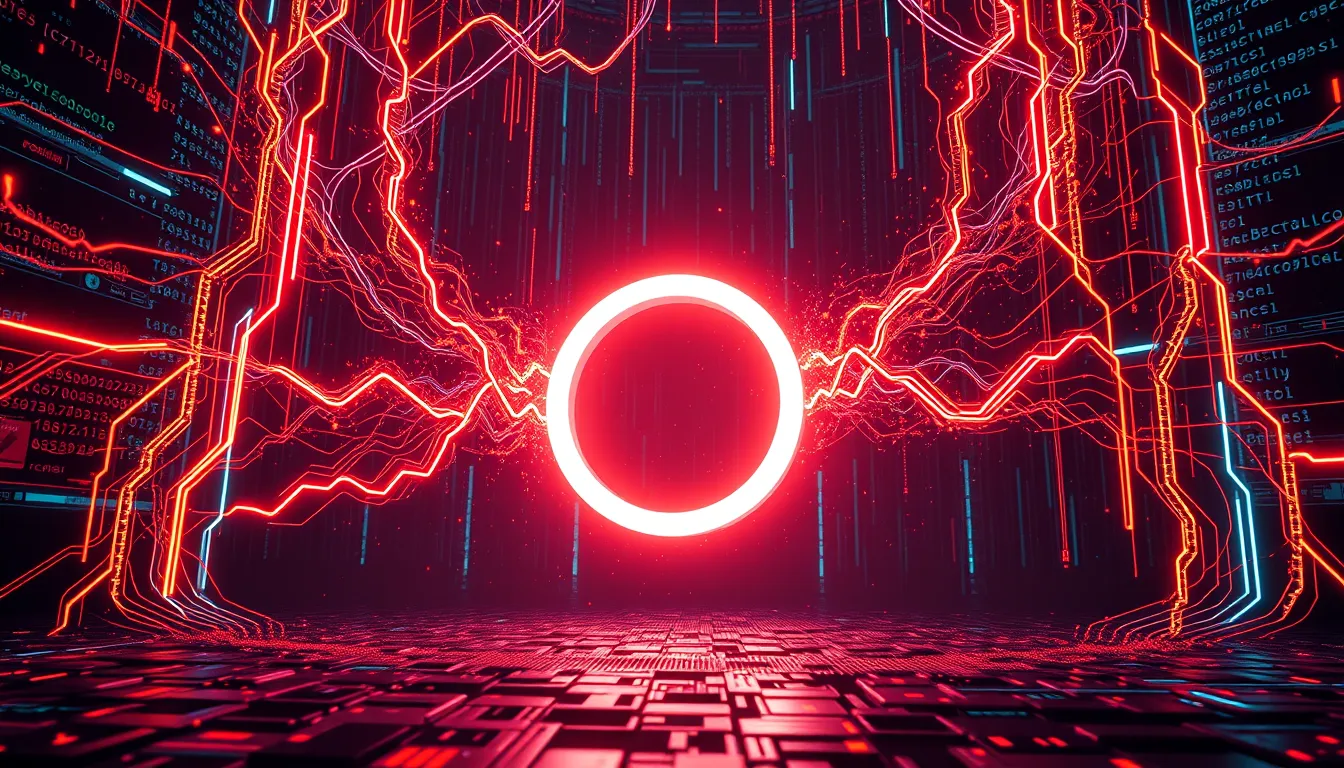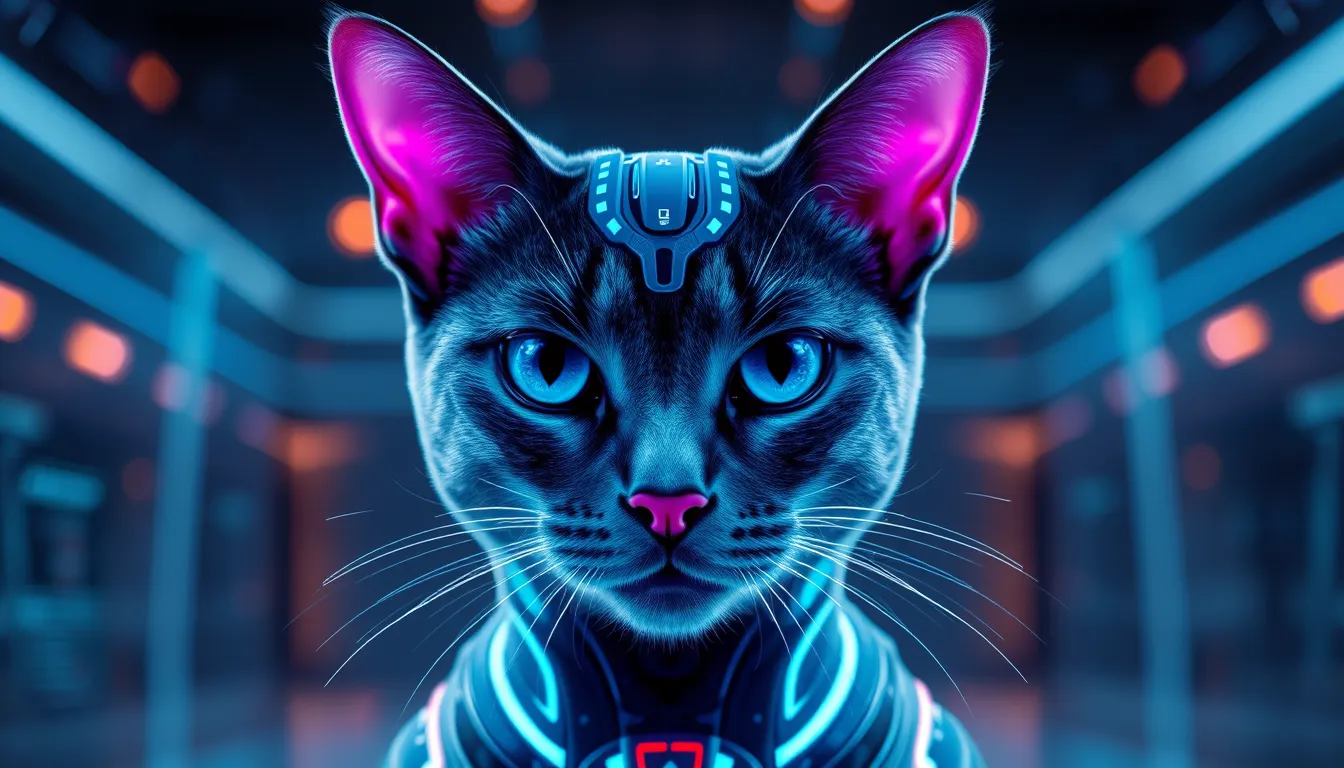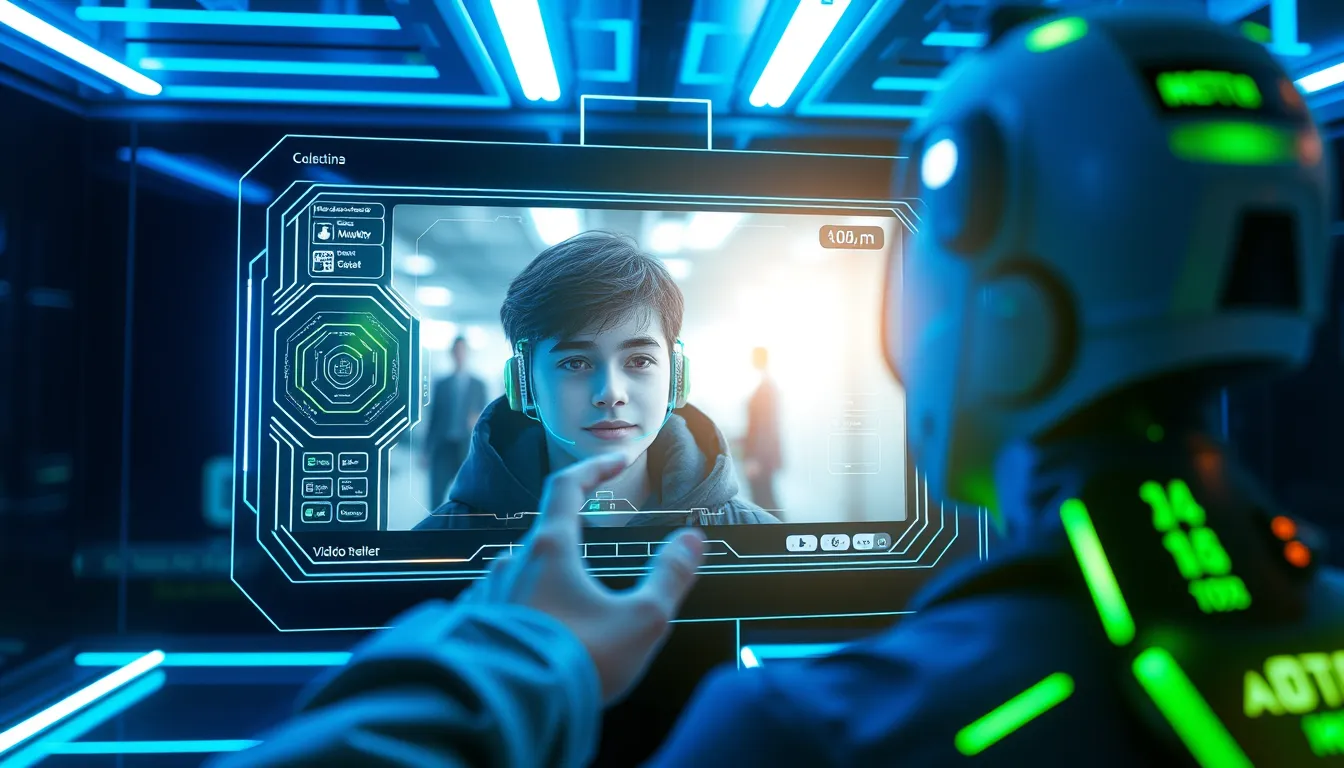Now Reading: AI-Generated Code in Open Source: Revolution & Quality
-
01
AI-Generated Code in Open Source: Revolution & Quality
AI-Generated Code in Open Source: Revolution & Quality

AI-Generated Code in Open Source: Revolution & Quality
The evolution of modern programming has never been more dynamic, as AI-generated code in open source continues to reshape traditional development practices. In this article, we explore how artificial intelligence is redefining open-source software projects while maintaining an emphasis on community collaboration, robust quality control, and effective security measures.
What is AI-Generated Code and Its Impact on Open Source?
AI-generated code is produced by sophisticated algorithms that assist developers by automating parts of the coding process. This innovation promises to accelerate project timelines and democratize programming for both newcomers and seasoned developers. As the trend of AI-generated code in open source grows, it also raises challenges that need thorough discussion, including quality discrepancies and potential vulnerabilities.
Open-source software has long thrived on transparency, peer review, and community collaboration—principles that are sometimes strained when automated systems flood repositories with contributions. The rapid integration of AI tools can lead to a mixture of high-quality contributions alongside those that do not adhere to the established coding standards. The tension between automation and human oversight is at the heart of ongoing debates within the tech community.
Community Collaboration and Quality Control
Enhancing Code Review and Ensuring Transparency
Many projects now require a blend of automated code generation and human-guided review processes. It is essential that AI-generated code in open source undergoes thorough examination by experienced developers. This not only helps in catching potential errors but also ensures that coding best practices are maintained. Projects on platforms like GitHub and the Open Source Initiative are evolving their workflows to incorporate dual-layer reviews, where both automated and human assessments work hand in hand.
- Enhanced code review protocols
- More rapid bug detection
- Improved security and resilience
- Diversification of project contributions
Challenges of AI Code Contributions and Mitigating Vulnerabilities
Despite its benefits, AI-generated code in open source presents its own set of challenges. One major concern is the introduction of vulnerabilities that may not be immediately evident in the automated output. These vulnerabilities can arise from overlooked security flaws or outdated libraries integrated by the AI, leading to risks, especially in systems that require stringent quality control.
Security experts are advocating for more robust review protocols. The careful examination of AI-generated contributions is critical to prevent potential breaches. In projects where safety is paramount, developers must strike a balance between the speed of automation and the reliability provided by human oversight.
Furthermore, the challenges of AI code contributions extend beyond just technical issues. There remains an ongoing debate about the erosion of artisanal code craftsmanship when automation takes over creativity and nuance. This debate underscores the importance of not only adopting AI-generated code in open source but also preserving the artistic and intellectual aspects of coding inherent to community-driven projects.
AI-Assisted Code Review Protocols: Striking the Right Balance
To address these concerns, several innovative approaches are being implemented. AI-assisted code review protocols have emerged as a solution that couples automated testing with human intuition. By integrating machine learning tools with comprehensive quality control, projects can maintain high security standards while benefiting from faster development cycles.
Examples include the use of AI-based checklists that flag potential issues, automated integration pipelines that run extensive tests on every commit, and collaborative platforms that encourage shared accountability among contributors. These measures help in mitigating the risks of vulnerabilities by ensuring that every line of AI-generated code is scrutinized thoroughly.
Future Outlook and the Continued Evolution
The future of open source is closely intertwined with both human ingenuity and the capabilities of artificial intelligence. The integration of AI-generated code in open source represents not only a technological shift but also a cultural one. As the open-source community refines its standards for quality and security, it is positioning itself at the forefront of a revolution that promises to streamline workflows and boost innovation.
As developers adapt to this new era, several strategic adjustments are likely to be seen:
- Stricter guidelines for automated contributions.
- Enhanced review protocols that blend AI and human oversight.
- Increased emphasis on community-led quality control measures.
These developments ensure that while AI-generated code in open source drives faster and more efficient innovation, the discipline and rigorous standards that have defined open-source software are not lost. Instead, they are enhanced by a new layer of technological intelligence.
Conclusion
In conclusion, AI-generated code in open source is at a pivotal crossroads. The journey toward balancing rapid, automated contributions with meticulous quality control is one filled with both promise and challenge. Through robust community collaboration, the implementation of AI-assisted code review protocols, and ongoing discussions about the ethical and technical implications of automation, the open-source ecosystem is working hard to secure its future. This period of transformation, marked by both innovation and caution, promises to redefine the landscape of software development and set new standards for excellence in programming.
By embracing these changes, developers can ensure that the benefits of AI do not come at the cost of the time-honored principles that make open source such a vibrant and inclusive community.

























